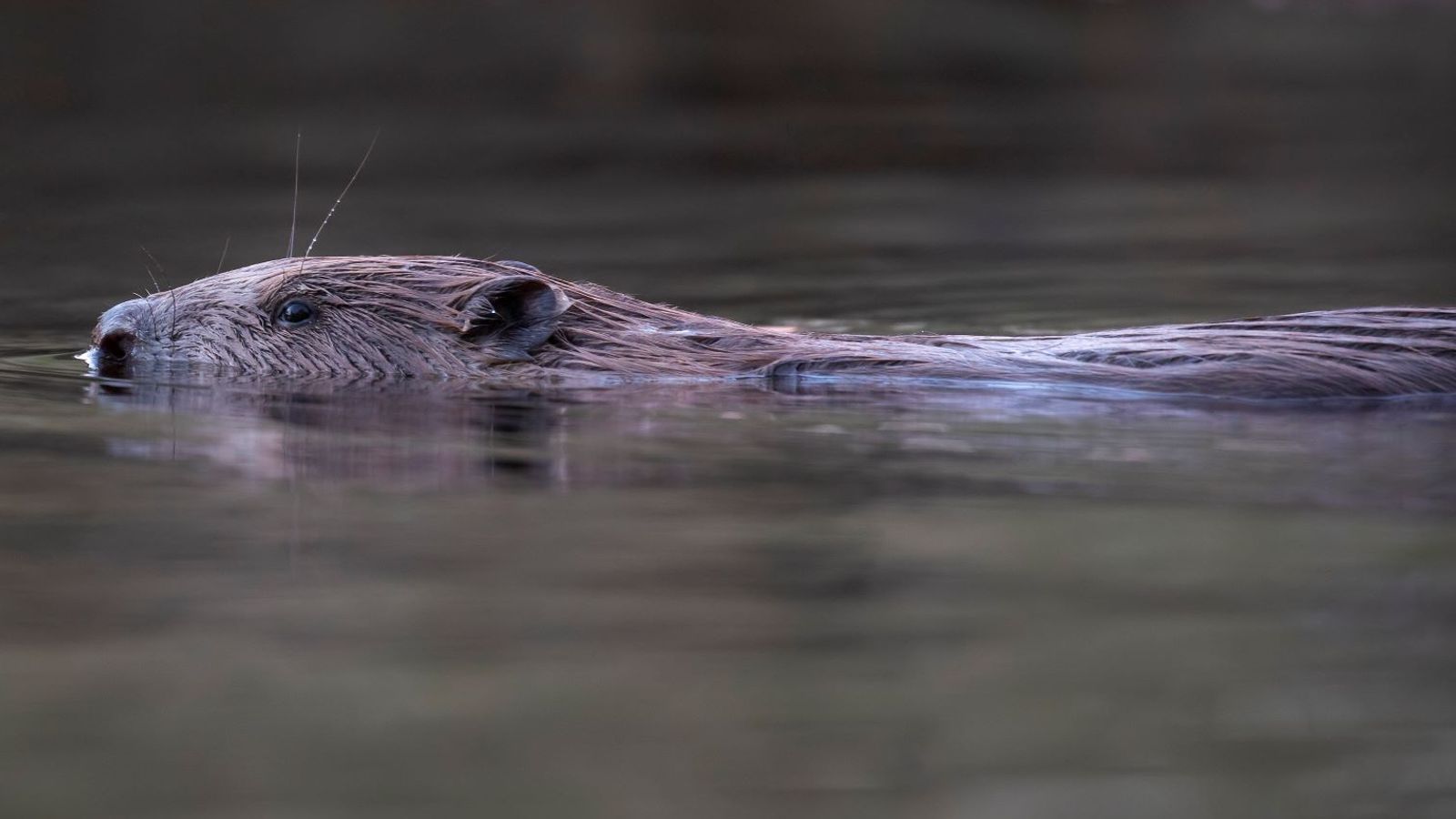Scotland’s highest civil court is due to issue a ruling soon on the right to kill beavers.
Campaigners have complained to a judge that too many licences to kill the creature are being issued by a Scottish government agency.
They claim that the agency, NatureScot, is breaking the law by not adhering to a ‘last resort’ rule in its issue of licences.
In 2019, the year that beavers were given official protected status, 87 were killed in Tayside, one in 5 of the total.
The conservation charity, Trees for Life, has sought judicial review of the policy around killing in the Court of Session.
It claims that too little consideration is given to alternatives like relocation.
Beavers are typically killed in parts of Scotland where they were released without authorisation, like Perthshire and Tayside, and can cause damage to prime agricultural farmland.
The Trees for Life charity argues that beavers create wetlands that can significantly benefit other wildlife, reduce flooding and improve water quality.
Alan McDonnell, Trees for Life’s conservation manager, said: “The case has shone a spotlight on how moving not shooting beavers can underpin a more nature-friendly approach to beaver management where needed.
“This would allow beavers to do what they do best – helping tackle the collapse in biodiversity, creating wildlife tourism opportunities and boosting natural flood management.
“It’s important that solutions work for farmers. We want farmers to have options that help them avoid being forced to shoot much-loved animals, and for farmers co-existing with beavers to receive financial support.”
The action has been contested by Scottish ministers, the National Farmers Union (Scotland) and NatureScot, which insists its policy around killing beavers is “robust and lawful”.
Robbie Kernahan, NatureScot’s director of sustainable growth, said: “We have been working with partners for 25 years to bring back beavers to Scotland because they provide multiple benefits to people and nature.
“But in certain circumstances, beavers can cause problems.”
He added: “In those specific situations where beavers pose a risk of serious damage to farmland or where they occasionally cause a public health and safety concern, we issue species control licences accordingly.
Subscribe to ClimateCast on Spotify, Apple Podcasts, or Spreaker.
“We are confident that our approach to managing these impacts is robust and lawful and licences are only used if we are satisfied that there is no other solution.”
NatureScot says it translocated 19 beavers to Knapdale in Argyll and Bute, and England in 2019 and repeated its efforts to trap and relocate the creature in 2020.
The Trees for Life charity says it hopes that a judge’s ruling in its favour will encourage the search for more suitable resettlement sites and, therefore, a reduction in the number of beavers killed.






















